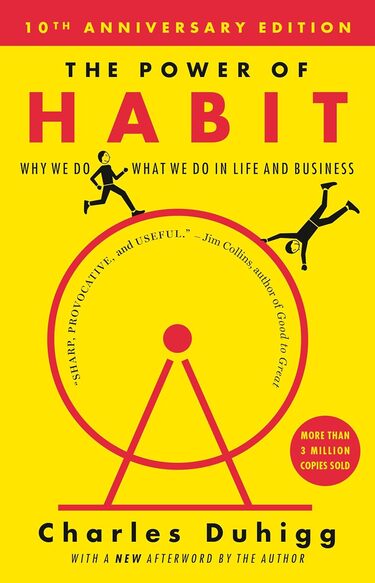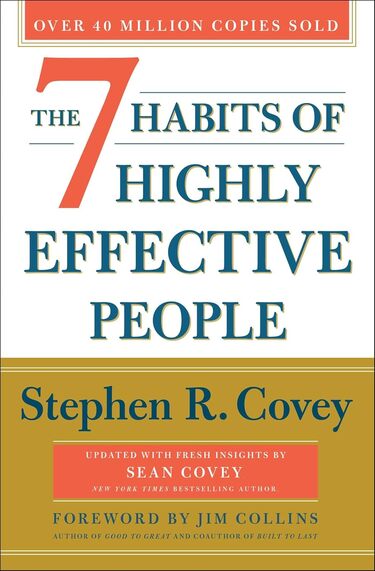Imagine a world where the smallest actions—like drinking a glass of water first thing in the morning or jotting down a single sentence—could lead to profound changes in your productivity and overall success. This isn’t a far-fetched idea; it’s the power of micro-habits. These tiny, consistent habits might seem insignificant at first glance, but their cumulative impact can reshape your daily life, helping you achieve more with less effort. By focusing on small, manageable changes, you can bypass the overwhelm often associated with major life overhauls and instead build a foundation for lasting success:

What Are Micro-Habits?
Micro-habits are small, actionable behaviors that require minimal effort but yield significant results over time. Unlike ambitious resolutions that often fizzle out, these habits are designed to be so simple that they’re almost impossible to skip. For example, instead of committing to an hour of exercise daily, you might start with one minute of stretching.
Or, rather than aiming to write a full journal entry, you could begin by writing just one sentence. The beauty of micro-habits lies in their ability to build momentum. By starting small, you create a sense of accomplishment that fuels motivation, making it easier to tackle larger goals down the line.
Why Micro-Habits Matter
The significance of micro-habits lies in their ability to create massive long-term gains through small, consistent actions. Research shows that nearly 40% of our daily behaviors are habitual, meaning they’re performed almost automatically. By introducing micro-habits, you’re essentially reprogramming your brain to adopt positive behaviors without the resistance that often accompanies major changes.
For instance, a study published in the European Journal of Social Psychology found that it takes an average of 66 days to form a new habit. Micro-habits make this process easier by reducing the mental and physical effort required, increasing the likelihood of long-term adherence.
The Science Behind Micro-Habits
Micro-habits are rooted in behavioral psychology and neuroplasticity, the brain’s ability to rewire itself based on repeated experiences. When you perform a small action consistently, it triggers the release of dopamine, a neurotransmitter associated with pleasure and motivation. Over time, this creates a feedback loop that makes the behavior feel automatic.
Additionally, the compounding effect of micro-habits cannot be overstated. Just as small financial investments grow over time, tiny behavioral changes accumulate, leading to significant improvements in productivity and overall well-being.
Start with Tiny Changes
The key to successfully implementing micro-habits is to start with changes so small that they feel almost effortless. For example, if your goal is to read more, begin with just one page a day. If you want to exercise regularly, start with one minute of stretching. These small actions reduce mental friction, making it easier to overcome procrastination.
By focusing on consistency rather than intensity, you create a sustainable foundation for growth. Over time, these tiny changes can evolve into more substantial habits, but the initial focus should always be on simplicity and ease.

Habit Stacking for Efficiency
One of the most effective strategies for building micro-habits is habit stacking, which involves attaching a new habit to an existing routine. For instance, after brushing your teeth, you might drink a glass of water. This approach leverages the power of context and environment to reinforce behaviors.
Since the existing habit serves as a trigger, it reduces the cognitive effort required to remember the new action. Studies have shown that habit stacking can increase the likelihood of habit formation by up to 50%, making it a powerful tool for boosting productivity.
The 2-Minute Rule
The 2-minute rule is a simple yet powerful principle for overcoming procrastination and building momentum. The idea is to start any new habit by committing to just two minutes of effort. For example, instead of aiming to meditate for 20 minutes, begin with two minutes of deep breathing. This approach lowers the barrier to entry, making it easier to get started.
Once you’ve begun, you’ll often find that you’re willing to continue for longer. The 2-minute rule is particularly effective for micro-habits because it aligns with the principle of starting small and building gradually.
Boosting Work Productivity with Micro-Habits
Micro-habits can be particularly transformative in the workplace. For instance, checking emails only at set times can reduce distractions and improve focus. A five-minute daily review to plan priorities can help you stay organized and on track.
Taking short breaks throughout the day can prevent burnout and maintain mental clarity. Even a quick gratitude reflection can enhance motivation and positivity. These small actions, when practiced consistently, can lead to significant improvements in productivity and job satisfaction.
Tracking and Reinforcing Micro-Habits
To ensure the success of your micro-habits, it’s important to track your progress and celebrate small wins. Using a simple checklist or habit tracker can provide a visual representation of your consistency, which can be incredibly motivating.
Research shows that people who track their habits are 30% more likely to achieve their goals. Celebrating small wins, no matter how minor, reinforces positive behavior and keeps you motivated. Over time, you can adjust your micro-habits to align with your evolving goals and priorities.
Taking Action – Your First Micro-Habit
The best way to experience the power of micro-habits is to start with one small change today. Choose a habit that feels almost effortless, such as drinking a glass of water after waking up or writing one sentence in a journal. Link this habit to an existing routine to make it easier to remember. Commit to practicing it for 21 days, as research suggests this is the minimum time required to form a new habit. Track your progress and adjust as needed. Remember, the goal is consistency, not perfection.
By embracing the power of micro-habits, you can transform your productivity and achieve your goals with less effort and more joy. Start small, stay consistent, and watch as these tiny changes lead to big results.
Some books that can help you develop quality habits and enhance your life:

Atomic Habits: An Easy and Proven Way to Build Good Habits and Break Bad Ones

The Power of Habit: Why We Do What We Do in Life and Business

The 7 Habits of Highly Effective People




